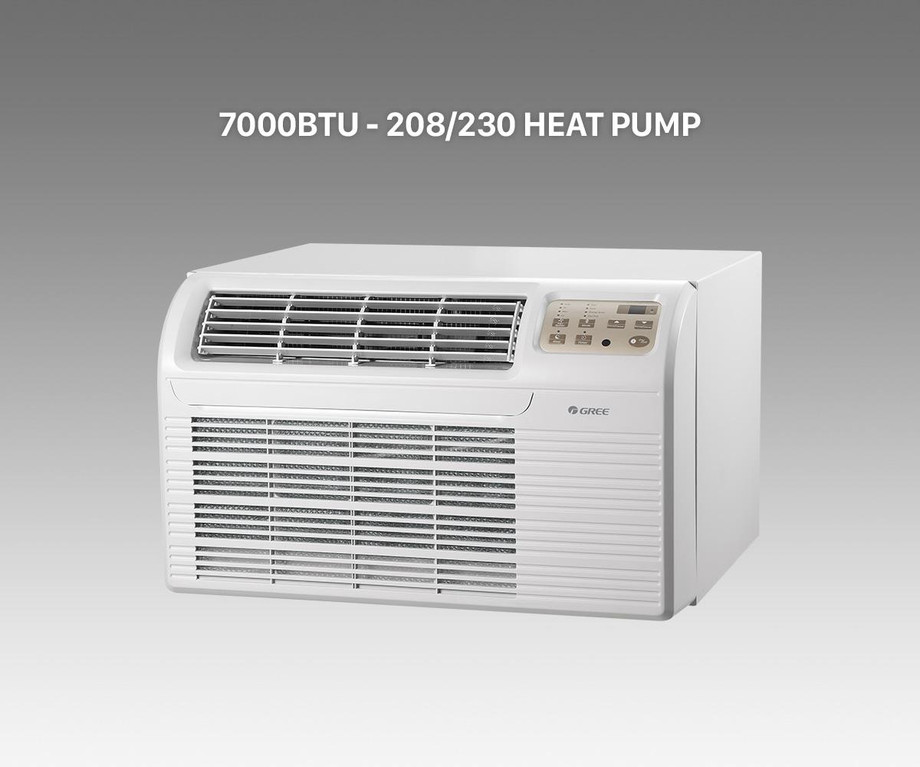Choosing the best air conditioner for a hotel or motel is essential for guest satisfaction. Climate control is one of the most valued amenities by travelers, and providing a comfortable, quiet, and efficient cooling experience can significantly improve guest comfort and set your property apart. Here’s a comprehensive guide on how to pick the best air conditioner for hotels and motels, tailored to enhance guest comfort and optimize operational efficiency.
Why Air Conditioner Choice Matters in Hospitality
The right AC unit can impact everything from guest reviews to utility costs. Guests want to walk into a room that feels like a haven from the weather outside, whether hot or humid. Meanwhile, hotel managers need to balance comfort with cost-efficiency. Choosing a well-suited air conditioner can ensure that guests stay comfortable while the property saves on maintenance and energy expenses.
Key Features to Look for in Hotel and Motel Air Conditioners
Energy Efficiency
Energy-efficient air conditioners reduce operational costs and minimize environmental impact, a factor that many guests appreciate. Look for units with ENERGY STAR certification, which indicates superior energy performance. Inverter technology, commonly found in mini-splits and some PTACs, adjusts the compressor speed to maintain temperature, resulting in significant energy savings.
Noise Level
Quiet operation is essential for guest comfort, particularly in hotels with overnight guests. Mini-split systems and certain PTAC models offer low-noise operation, making them ideal for light sleepers. For reference, units operating below 50 decibels are considered quiet.
Easy Maintenance and Durability
Hotels and motels experience heavy use, so opt for units known for their durability and ease of maintenance. PTAC units, for example, are favored because of their modular design that allows for easy repairs and replacements. Additionally, filter maintenance is crucial, as clean filters improve air quality and efficiency.
Temperature Control Options
Individual room temperature control allows guests to set their comfort preferences. Features like digital thermostats, sleep modes, and remote control operation are valuable, as they allow guests to adjust settings easily. Centralized HVAC systems with zoning capabilities can offer a similar experience, allowing room-specific temperature adjustments.
Humidity Control
Humidity control is crucial in humid climates as it directly affects guest comfort. Systems with a dehumidifying feature can enhance the guest experience by keeping rooms cool and dry. PTAC and mini-split systems generally offer humidity control, whereas window units may not have this capability.
Tips for Optimizing Air Conditioner Performance in Hotels and Motels
Regular Maintenance
Schedule regular maintenance to keep air conditioners running efficiently. This includes cleaning filters, checking for leaks, and ensuring components are in good working order. Preventive maintenance reduces unexpected breakdowns and extends the lifespan of the units.
Energy Management Systems (EMS)
An EMS helps monitor and control energy usage across multiple rooms, automatically adjusting temperature settings based on occupancy. This technology can provide substantial savings by reducing energy consumption when rooms are unoccupied.
Guest Education
Educate guests on how to use the AC unit’s settings effectively. Some guests may not be familiar with features like sleep mode or eco mode. Providing a quick guide in the room can improve guest satisfaction and energy savings.
Conclusion
Selecting the best air conditioner for your hotel or motel is a blend of understanding your guests’ needs and choosing a system that aligns with your operational goals. Whether it’s the reliability of a PTAC unit, the efficiency of a mini-split system, or the consistency of a centralized HVAC setup, there’s an option to meet your property’s specific requirements. By prioritizing energy efficiency, noise control, ease of maintenance, and guest comfort, you’ll enhance the guest experience and optimize your property’s performance year-round.

